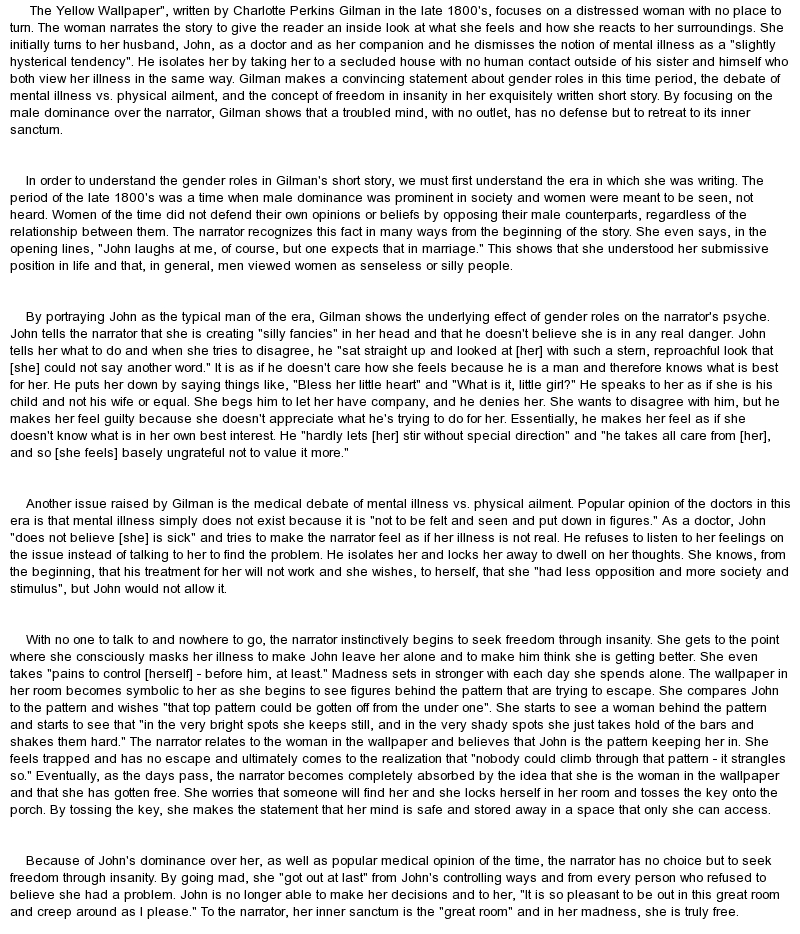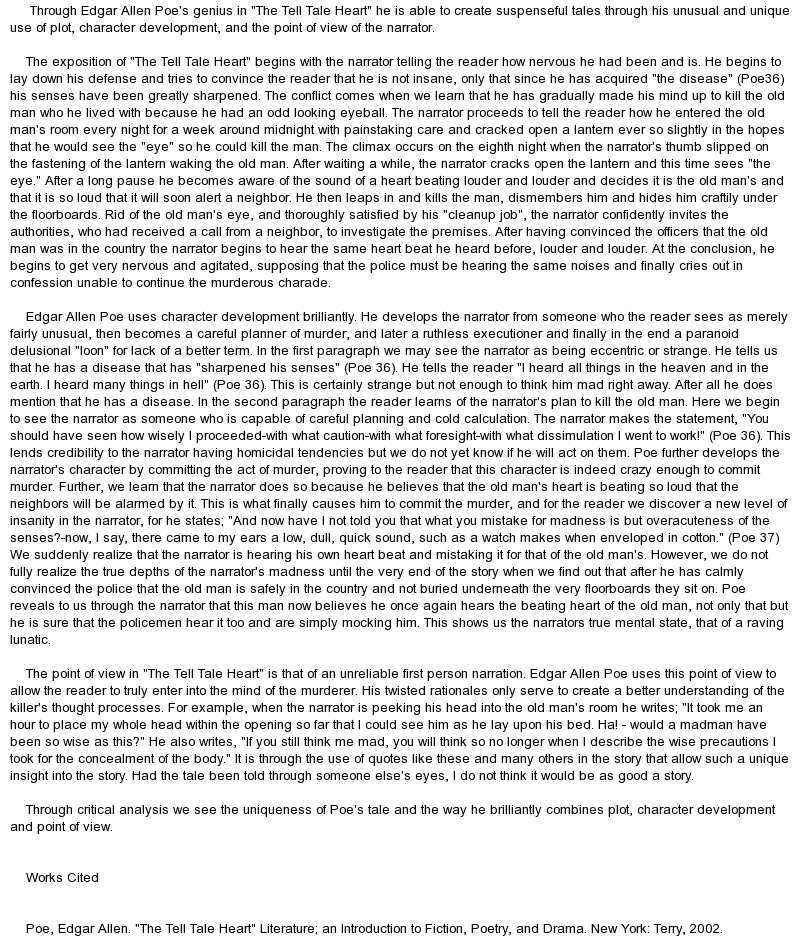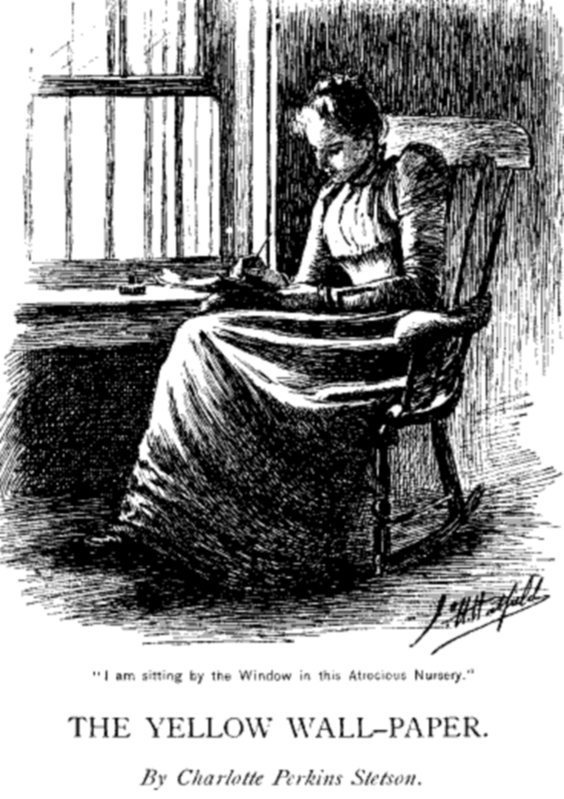
Written in the third person, unlike The Yellow Wallpaper which is from the main character's point of view, Patriotism records the evening of a happily married couples suicide pact, in grim and gory detail.

Yukio Mishima's 1966 Patriotism also focuses on a woman's struggle, although he is a very different perspective. Her gender- and the educational-based fight is against the system, represented by her husband, for a cure which is catered to her own wants and needs rather than a blanket treatment which oppresses her and worsens her condition.


The main character, who remains nameless (but may be called Jane, as a reference at the very end of the story, and she will be referred to as such in this essay at times), struggles against the popular contemporary concept of the rest cure, a medical treatment for the “temporary nervous depression – a slight hysterical tendency” (Perkins Gilman) which nineteenth-century women were frequently diagnosed with.


 0 kommentar(er)
0 kommentar(er)
